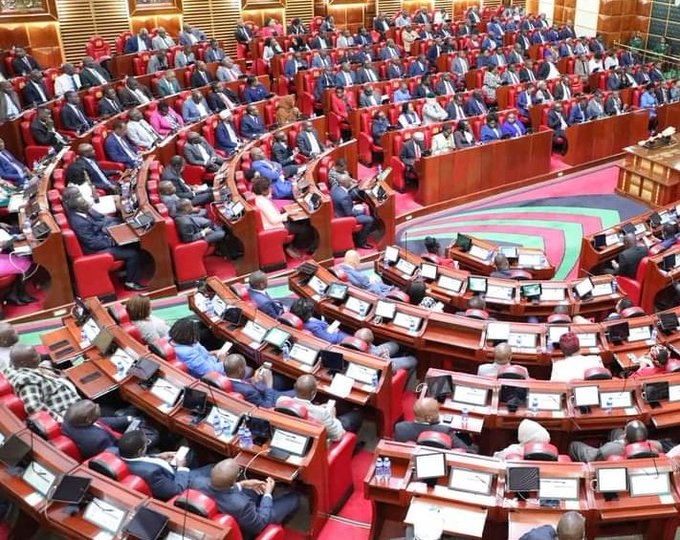Thousands of Kenya live with dementia – an ongoing decline of brain functioning – without a formal diagnosis or support, experts have said.
The decline is often dismissed as normal ageing or as a consequence of past behaviours.
However, dementia is not an inevitable part of ageing and nearly half of all cases may be prevented or delayed.
The specialists on Wednesday noted that the country lacks enough resources, including healthcare infrastructure, and needs greater awareness and education on the condition.
“As we look at the unique challenges faced in addressing dementia in Africa, we must be alive to the important aspect that capacity building is needed in the global south to enable early detection of the disease. We must also understand that lifestyle changes are important in changing the trajectory of dementia, and this is something that we must keep communicating to the public,” said Prof Zul Merali, the director of the Brain & Mind Institute at the Aga Khan University in Nairobi.
He spoke at an ongoing conference hosted by the institute in partnership with The Davos Alzheimer’s Collaborative and Nature Conferences.
It brings together experts from across Africa and the world to address key issues and share the latest dementia research.
The conference themed, 'The future of dementia in Africa: Advancing global partnerships', is expected to present studies focusing on the genetics of dementia in African and underrepresented populations.
“These studies exemplify why we champion diverse genetic research in dementia. Each insight brings us closer to revolutionising Alzheimer’s prevention and treatment globally. This conference marks a pivotal step towards inclusive, effective solutions for brain health across all populations,” said George Vradenburg, founding chairman of Davos Alzheimer’s Collaborative.
There is no consensus on the number of Kenyans living with dementia, a general term for several diseases that affect memory, thinking, and the ability to perform daily activities.
In March, psychiatrist Prof David Ndetei and fellow researchers estimated 258,000 older adults live with dementia in Kenya.
They used clinical diagnosis to screen 3,546 older adults for dementia, where 652 were positive.
The participants were all adults above 60 years from rural Makueni.
“There was also a trend for people who screened positive for dementia to not be in employment,” they said in their study findings, 'Dementia screening in rural Kenya: The prevalence and impact of screening positive for dementia', published in the Neuroepidemiology journal.
Most of those with dementia were also reported to be lonely.
Other studies indicate the prevalence is only going to increase because the number of Kenyan adults aged above 60 will increase nearly four times by 2050.
This makes Kenya one of the most rapidly ageing countries in Sub-Saharan Africa.
Aga Khan University is one of the institutions in Kenya doing different studies on the subject.
In June, 2022, the university announced it had received a Sh39.7 million grant to study ageing in the country.
In a statement, the university said its work would focus on adults aged 45 and above.
The key focus areas would include Alzheimer’s disease, mental health, economic impacts of climate change and air pollution, and factors influencing late-life economic well-being.
“Over the next 30 years, as Kenya becomes a place where people live longer and need different kinds of care, social structures will need to change,” said Dr Anthony Ngugi, interim chair of the department of population health and co-principal investigator of the study.
“It is vital to begin studying both population-level trends and individual ageing trajectories to understand risk factors for health, disability, and well-being in the Kenyan context.”
In Africa, the number of people over 60 years is expected to increase from the current 5.6 per cent to over 15 per cent by 2050.
However, there is very little data on the ageing population, the university said in a statement.
To address these gaps, the university and the Center for Global Health Equity applied and received a $338,000 (Sh39.7m) grant from the US National Institutes of Health.














